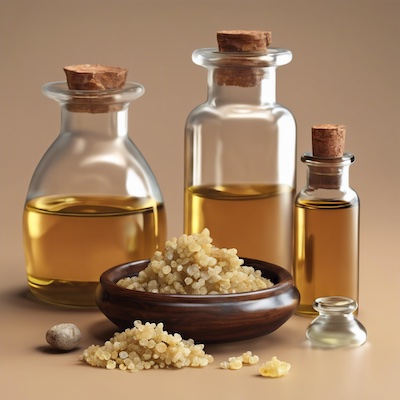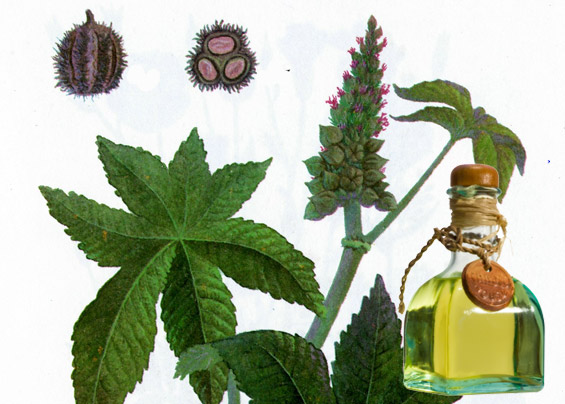Arthritis is a general term encompassing conditions that share joint pain and inflammation. Typical treatment involves pain-reducing medication. While there is no definitive arthritis diet, research suggests including anti-inflammatory foods in your diet and limiting foods that may trigger joint pain.
Fried & Processed Foods
Researchers at the Mount Sinai School of Medicine examined disease prevention through diet. Findings showed that “cutting back on the consumption of fried and processed foods, such as fried meats and prepared frozen meals, can reduce inflammation and actually help restore the body’s natural defenses.”
What you can do:
Cut down on the amount of fried and processed foods you consume, and include more vegetables and fruits in your diet.
Lower Your AGEs
AGE doesn’t refer to how many birthdays you’ve celebrated. An advanced glycation end product (AGE), is a toxin that appears when foods are heated, grilled, fried, or pasteurized. AGEs damage certain proteins in the body, and the body tries to break these AGEs apart by using cytokines, which are inflammatory messengers. Depending on where the AGEs occur, they may result in arthritis or other forms of inflammation.
What you can do:
A 2009 study found that reducing the amount of foods cooked at high temperatures in your diet could potentially help reduce blood AGE levels.
Sugars & Refined Carbs
High amounts of sugar in the diet result in an increase in AGEs, which, as discussed in an earlier slide, can result in inflammation.
What you can do:
Cut out candies, processed foods, white flour baked goods, and sodas to reduce your arthritis pain.
Dairy Products
Dairy products may contribute to arthritis pain due to the type of protein they contain. According to the Physicians Committee for Responsible Medicine, for some people this protein may irritate the tissue around the joints. Some sufferers of arthritis pain have success switching to a vegan diet—which contains no animal products whatsoever.
What you can do:
Rather than getting protein from meat and dairy, get the bulk of your protein sources from vegetables like spinach, nut butters, tofu, beans, lentils, and quinoa.
Alcohol & Tobacco
Tobacco and alcohol use can lead to a number of health problems, including some that may affect your joints. Smokers are more at risk for developing rheumatoid arthritis, while those who consume alcohol have a higher risk for developing gout.
What you can do:
Healthy joints require a balanced diet, physical activity, and an adequate amount of rest—all of which can be compromised by alcohol and tobacco use. Cut back on drinking and smoking and ramp up your eating habits with healthy choices, regular exercise, and good quality sleep.
Salt & Preservatives
Know what’s in your food. Many foods contain excessive salt and other preservatives to promote longer shelf lives. For some people, excess consumption of salt may result in inflammation of the joints. It may be worth trying to reduce your salt intake to as modest an amount as is reasonable.
What you can do:
Read the label to avoid preservatives and additives. Less salt may help you manage your arthritis, so avoid prepared meals. Though they’re convenient, microwavable meals are often very high in sodium.
Corn Oil
Many baked goods and snacks contain corn or other oils high in omega-6 fatty acids. While these treats may satisfy your taste buds, they may trigger inflammation. Some studies have looked at the pain-relieving effects of omega-3s on individuals with rheumatoid arthritis, and have found that fish oil, which contains omega-3s, may help with joint pain relief in certain people.
What you can do:
Replace foods containing omega-6 fatty acids with healthy, anti-inflammatory omega-3 alternatives such as olive oil, nuts, flax seeds, and pumpkin seeds.
More Arthritis Diet Tips
There is no established arthritis diet plan. What works for one person may not work for someone else. Trial and error will determine which foods you need to eliminate. In general, experts advise arthritis patients to maintain a healthy body weight and eat a balanced diet.
Source: healthline.com







